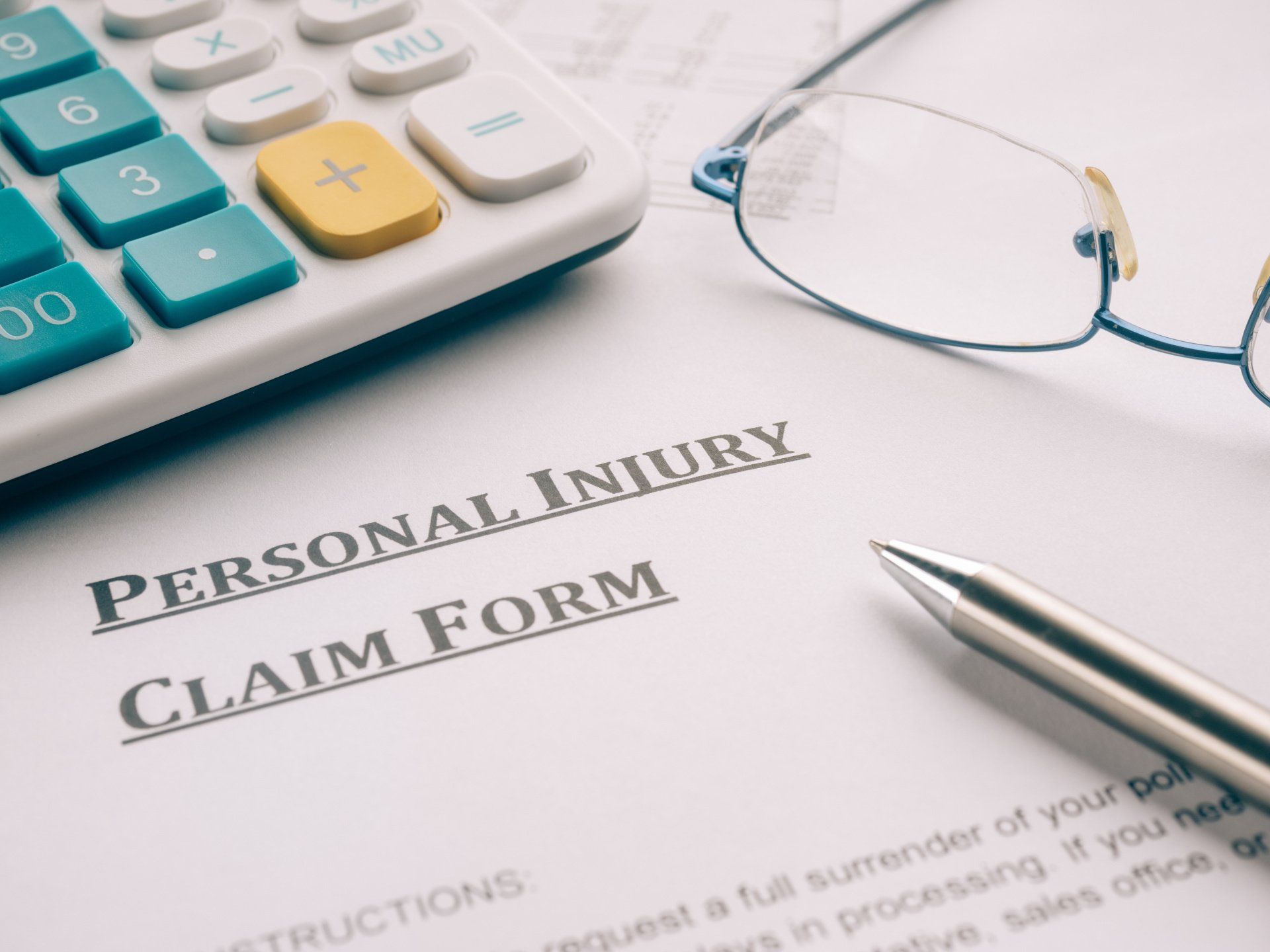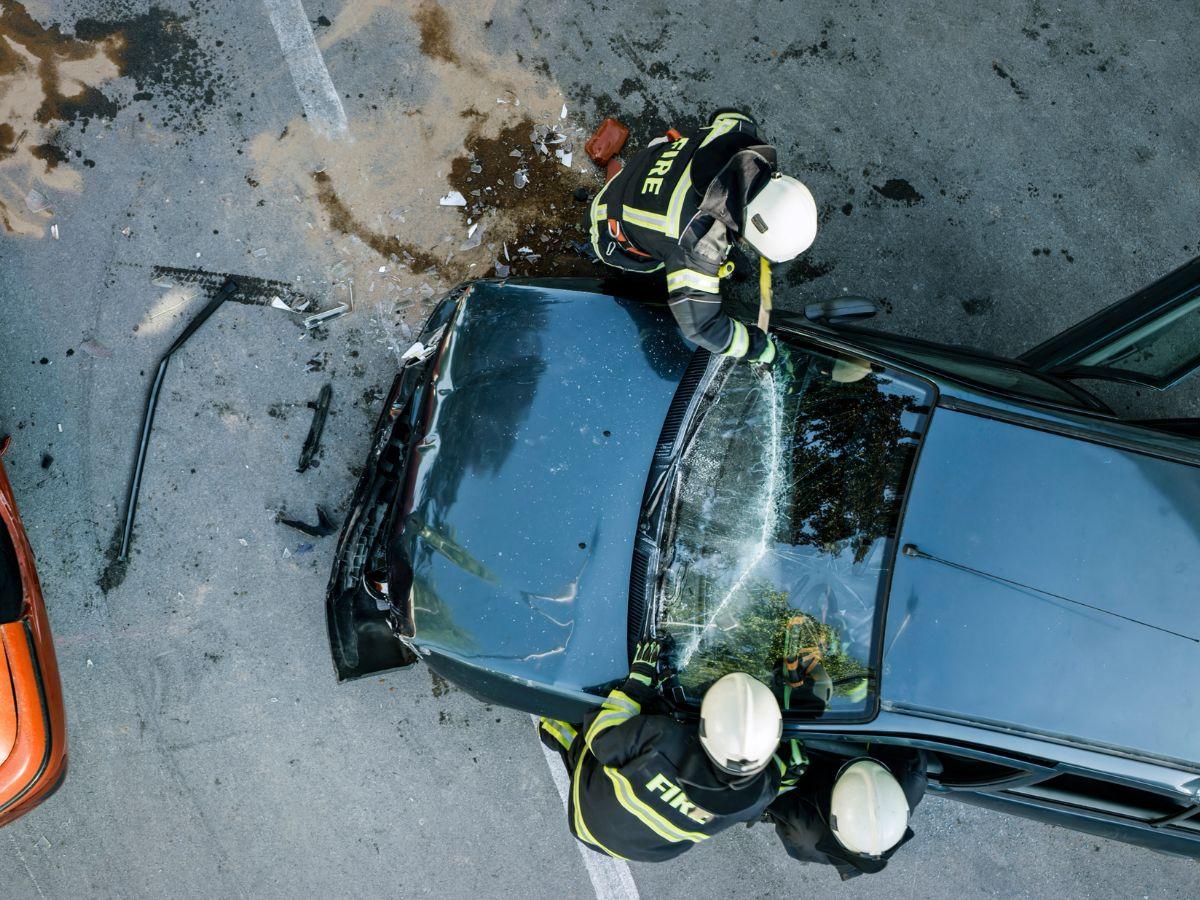What Are The Steps For Filing a Personal Injury Claim?
Key Takeaways Understanding the Process: Familiarity with the personal injury claim process, from initial consultations to potential appeals, is...
4 min read
Juan Carlos : 11/17/21 12:00 AM
Key Takeaways:
When a vehicle or component is recalled, it indicates a failure to meet essential safety standards, posing significant risks to drivers.
Recalls serve as an admission by the manufacturer and shift liability aspects in personal injury claims to the product owner.
Understanding your legal rights and responsibilities following an automotive recall is crucial, especially if the defective product leads to an accident.
Below, we will explore the implications of vehicle recalls on liability and what steps you should take to mitigate risks.
Table Of Contents
Recalls are critical warnings indicating that a vehicle or part may pose safety risks.
After a recall, vehicle owners are formally notified and expected to take action to rectify the defect.
However, if an owner continues to use the vehicle and an accident occurs, liability can become complex.
The courts may consider whether the owner knowingly assumed the risk by ignoring the recall.
Several factors influence liability, including:
These considerations are vital in determining the extent of an owner's culpability in an accident involving recalled components.
A personal injury lawyer can assess these aspects and guide you through the complexities of your case, helping to determine your legal standing and potential for compensation.

Vehicle manufacturers initiate recalls to rectify defects that violate minimum safety standards.
These can include manufacturing defects in brake pads or accelerator pedals, or design defects in steering components or gas tanks.
Responding promptly to a recall notice by scheduling necessary repairs at a certified repair shop mitigates the risk of accidents and positions you more favorably in terms of liability should an accident occur.
A recall remedy typically involves replacing the faulty component at no charge to the vehicle owner.
Auto manufacturers bear the cost of recall-related repairs to ensure that the vehicle meets the safety standards and to close-out the recall effectively.
If involved in a motor vehicle accident caused by a recalled component, documenting the actual time of repair completion and maintaining a record of the recall can be critical.
This information can be pivotal in a product liability claim, helping experienced attorneys establish the percentage of fault during legal proceedings.
Remember, maintaining regular maintenance schedules and being proactive about vehicle safety issues are key practices that help prevent mechanical failure-related car accidents.
By staying informed and responsive, you help ensure a safe driving environment for yourself and others on the road.
Understanding the importance of the recalled component in your vehicle is crucial when evaluating safety and liability.
Recalls can range from minor cosmetic issues, such as a flickering dashboard display, to critical safety defects, like faulty brakes or defective airbags.
Each type of recall carries different levels of urgency and potential consequences.
For example, airbags are essential safety features designed to protect you in the event of an accident.
Ignoring an airbag recall can lead to severe injuries, such as burns or head trauma if they fail to deploy or deploy improperly during a crash.
If you had ample time to address the recall but chose not to, the vehicle manufacturer might not be liable for any resulting injuries.
Conversely, if you receive a recall notice for safety issues as crucial as brake failure and experience an accident soon after, the manufacturer might still be responsible.
In these cases, your personal injury lawyer can argue that the time between receiving the recall notice and the occurrence of the accident was insufficient for you to take reasonable action.
This could make it likely that the manufacturer would be liable.
In both scenarios, the timing of the recall notice, the severity of the defect, and the actions you took to rectify the issue are significant factors that influence liability and your ability to recover damages in legal action against the responsible parties.
Ensuring that recall notices reach car owners can be difficult, especially for those who have purchased used vehicles.
Typically, when a new vehicle has a recalled component, it is the dealership's responsibility to notify the purchasers.
Vehicle manufacturers often communicate directly with buyers who have registered their vehicles or those under warranty.
However, the situation becomes more intricate for used cars that may have changed hands multiple times.
When this happens, proving that you were unaware of a recall could mitigate your liability, depending on the specifics of the case.
If you did not receive a recall notice due to a breakdown in communication from the dealership or a third party responsible for such notifications, they could be deemed partly liable for failing to inform you.
This aspect of the recall process highlights the importance of maintaining updated registration and contact information with vehicle service departments and being proactive in checking for recalls.
Legal professionals like personal injury lawyers or product liability attorneys, can provide guidance and help determine the extent of any shared liability if an accident occurs due to a recalled component.

If you receive a recall notice you should act swiftly to ensure your safety and legal protection.
The first step is to contact an authorized dealer as soon as you can to schedule a recall repair appointment.
This action is about complying with safety protocols and mitigating your liability if the defective component leads to an accident.
Delaying the repair can endanger your safety and that of others on the road and increase your risk of being held liable if the defect causes harm.
Remember, acting immediately after receiving a recall notice is a proactive measure that helps maintain vehicle safety and adherence to federal safety standards.
It also ensures you remain compliant with legal expectations to prevent potential injury claims and legal issues related to defective components.
Never ignore a recall notice.
Visit your service manager or service advisor as soon as you are aware of the recall.
This can significantly reduce the risks associated with defective auto parts and help maintain a safe driving environment for everyone.
Understanding liability in crashes involving defective vehicle components is vital.
When a part is recalled, the responsibility may shift between the manufacturer and the vehicle owner, depending on the situation and timing of the recall.
Factors like being unaware of a recall or unable to address it promptly significantly affect liability outcomes in accidents.
If you're dealing with an accident in or near Duluth, Georgia, and suspect it involved a defective component, The Cotto Law Group can help.
We are committed to ensuring that responsible parties are held accountable.
Click below or call us at (770) 817-7581 for a free personal injury case evaluation with our skilled legal team.

Key Takeaways Understanding the Process: Familiarity with the personal injury claim process, from initial consultations to potential appeals, is...

Key Takeaways: Always maintain extra space and stay alert to motorcycles, especially in blind spots and during lane changes, to ensure safety on the...

Key Takeaways: Comprehensive Impact: "Pain and suffering" extends beyond economic losses, encompassing emotional and life quality impacts after...